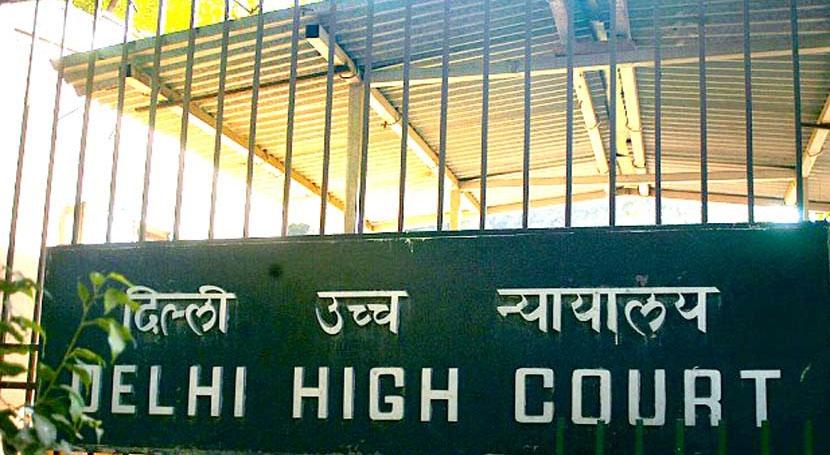New Delhi, April 19 (IANS) The Delhi High Court has reaffirmed the significance of criminal law in regulating societal conduct, saying that crimes cannot be absolved merely through financial compensation.
Justice Anoop Kumar Mendiratta, in dismissing a petition to quash an FIR for attempted murder based on a settlement between the parties, noted the imperative to deter serious offences and safeguard societal welfare.
The court said that criminal law aims to uphold social order and deter criminal behaviour, particularly in cases involving grave offences like Section 307 (attempt to murder) of the Indian Penal Code (IPC).
It reasoned that the severity of the offence, coupled with the potential danger to public safety, necessitates diligent prosecution despite any private settlements between the parties involved.
The case involved the infliction of stab wounds by the petitioners on the victim, leading to the filing of an FIR in 2019.
Despite the victim’s compensation and purported settlement with the accused, the court maintained that the gravity of the offence could not be overlooked.
While acknowledging the role of settlements in resolving disputes, the court cautioned against using such arrangements to circumvent legal accountability, particularly in cases with broader societal implications.
It stressed that the court’s power to quash cases should be exercised judiciously, particularly in matters involving heinous crimes like murder, rape, and dacoity, which impact society as a whole.

